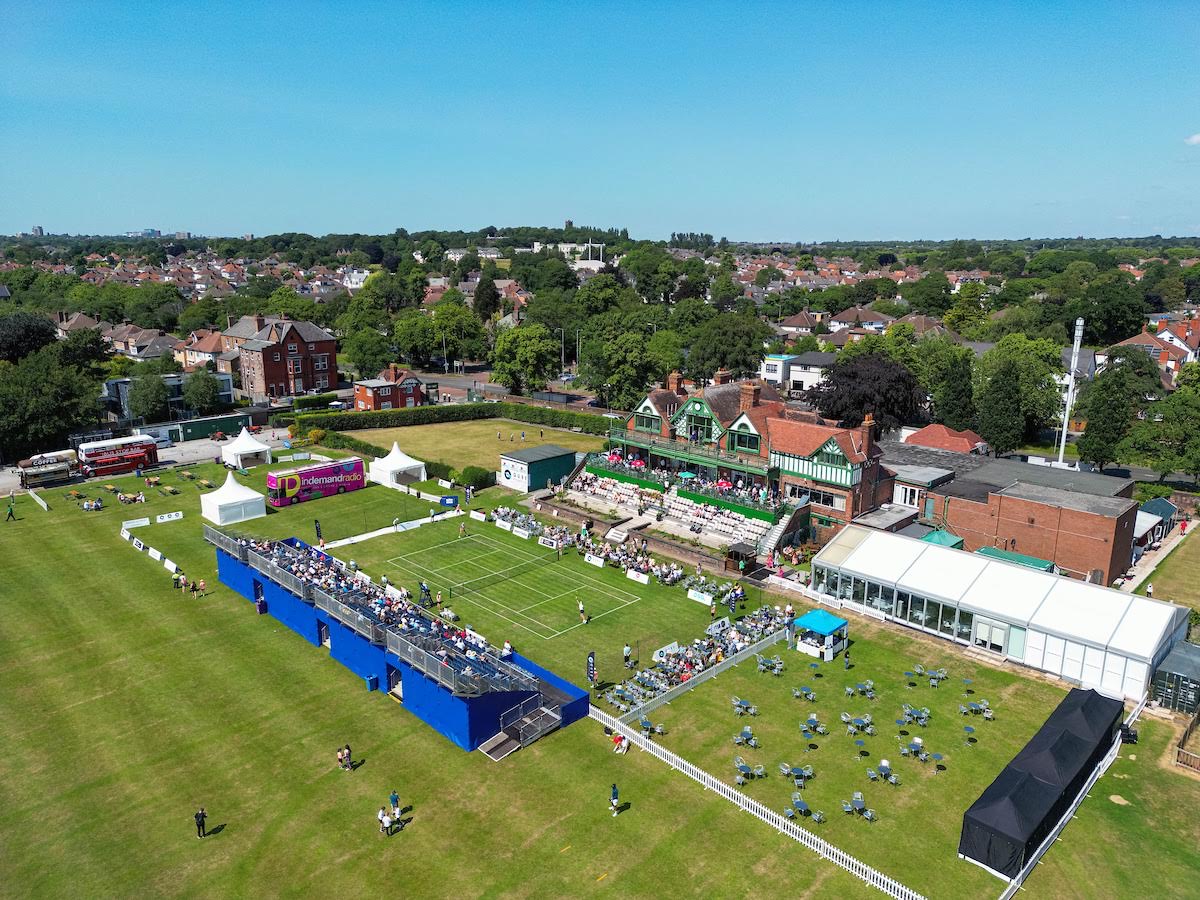
Features
International Women’s Day: Top 10 milestones for women
4 years ago
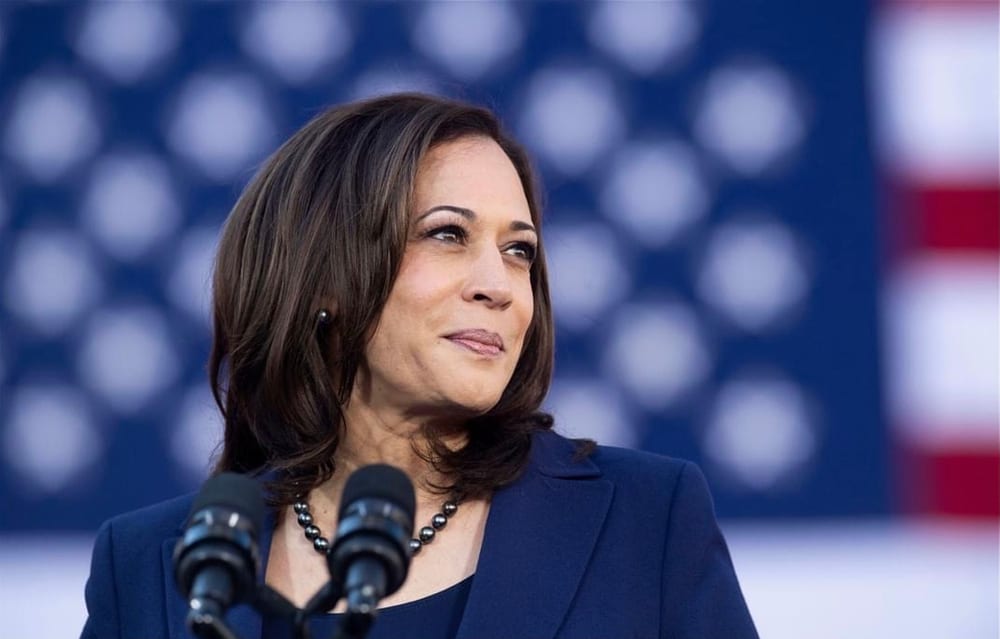
International Women’s Day on March 8 is a chance to unite to celebrate women’s history and reflect on how women have campaigned for equality.
Leanne Johnson from the city’s The Women’s Organisation says: “There is still a long way to go for gender equality, but International Women’s Day gives individuals and organisations the platform to raise awareness of equality issues, celebrate what we have achieved so far and recognise what progress still needs to be made.”
This year The Women’s Organisation has chosen to mark the day with a special theme: ‘Won’t Be The Last’.
So we asked the WO team to showcase the events which have heralded change, and the pioneers who have inspired and encouraged women to follow in their footsteps, to dream big and to change the world.
Here are their 10 top milestones…
Kamala Harris becomes Vice President of the United States
In January 2021, Kamala Harris became the first woman, first black woman, and first woman of South-Asian descent to become Vice President of the United States of America.
Kamala Harris has truly marked a moment in history and inspired an entire generation of young girls and women to see that nothing should stand in their way. Upon making history, Kamala said: “I may be the first woman to hold this office. But I won’t be the last.”
The introduction of the Equal pay act – An Act to prevent discrimination, as regards terms and conditions of employment, between men and women
The Equal Pay act was the direct result of industrial strike action from female sewing machinists in Dagenham. Female machinists were being classed as “unskilled labour” even though men were doing a similar job and being classed as “skilled labour”.
Even though the fight for equal treatment between men and women in the workplace continues, the Equal Pay Act 1970, was the first piece of legislation put in place that prohibited less favourable treatment between men and women regarding pay and conditions of employment.
Julie Hayward (a canteen cook at a shipyard in Liverpool) is the first woman to win a case under the amended Equal Pay Act
This case was known as the first significant challenge under the UK’s amended 1984 Equal Pay Act. Julie started as an apprentice at 16 and after completing training, the men in her group got a pay rise – but she did not.
She soon discovered that she was classed as a labourer and her male colleagues were classed as craftsmen. After 10 years, she won her appeal at the House of Lords. Julie’s story is not uncommon and has helped in the fight to close the gender pay gap.
Valentina Tereshkova – First Woman in Space
In June 1963, Russian national Valentina Tereshkova became the first female cosmonaut to travel into space. She spent 71 hours in orbit before safely returning to earth.
Valentina was chosen out of five other female trainees and was the only one who made it into space. She paved the way for women in space to become the norm and inspired future astronauts such as Sally Ride to follow in her footsteps.
Marie Curie – first woman to win Nobel Prize
Marie Curie is world-famous for her pioneering work as a physicist and for being the first woman ever to win a Nobel prize for her work on radioactivity. She is the only woman to have won a Nobel Prize in two separate fields (Physics and Chemistry).
Marie devoted her life to science, making herself one of the most influential female scientists of all time. She will forever be remembered for her contribution towards modern medicine, most notably her work to diagnose and treat cancer.
Ada Lovelace – known as the first female computer programmer
Ada Lovelace was regarded as one of the first computer programmers, known for writing the earliest computer algorithm. in the 1800s, women in STEM were often overlooked and it was a challenge to get young women interested in the field.
Ada Lovelace Day highlights the work women are doing in Science, Technology, Engineering and Maths. She helped increase the profile of women in this field and her legacy continues to inspire and encourage women into STEM careers today.
Scotland – first in world to pass bill to make period products free
Scotland became the first country in the world to make period products free for all. After campaigning for many years to end period poverty, MSP Monica Lennon launched her members bill to introduce universal access to sanitary products in 2020.
The legislation now makes it a legal requirement for sanitary products to be free of charge to those who need them. Period poverty effects women and young girls all over the world, with girls often missing out on school and being open to increased health risks. Scotland is just one of the countries leading the way in the fight for gender equality.
Rosa Parks
African-American civil rights activist, Rosa Parks refused to give up her seat on a public bus to a white man. Along with other protests, the yearlong boycott of the Montgomery bus system is noted as the key event that ignited the U.S. Civil Rights Movement.
Due to the brave acts of Rosa and others, the Civil Rights Act (1964) ended segregation of race in public places, introduced integration of schools and other public facilities, and made employment discrimination illegal.
Suffragettes
Suffragettes campaigned for women’s rights to vote over the course of the 19th and 20th century.
One of the most important figures in the Suffragette moment was Emmeline Pankhurst, who set up the Women’s Franchise League to fight for the vote for married women in local elections and helped to establish the WSUP (Women’s social and political union)
The Suffragettes fought tirelessly for women’s voices to be heard and in 1918, the Representation of the People Act allowed women over the age of 30 to vote, this was extended in 1928 to allow women over the age of 21 to have the same voting rights as men.
Kitty Wilkinson – first washhouse in Liverpool
Irish Migrant and Liverpool resident, Kitty Wilkinson was a leading figure in helping to combat the spread of the cholera outbreak in Liverpool. The only one with a boiler on her street, Kitty would invite her neighbours down to her cellar to wash their clothes and bedlinen – becoming the first public washhouse in Liverpool.
Dubbed “Saint of the Slums” Kitty was a pioneer and helped save thousands of lives during the cholera outbreak. Due to Kitty’s work, a combined public bath and washhouse opened on Upper Fredrick Street in Liverpool – the first of its kind in the country.


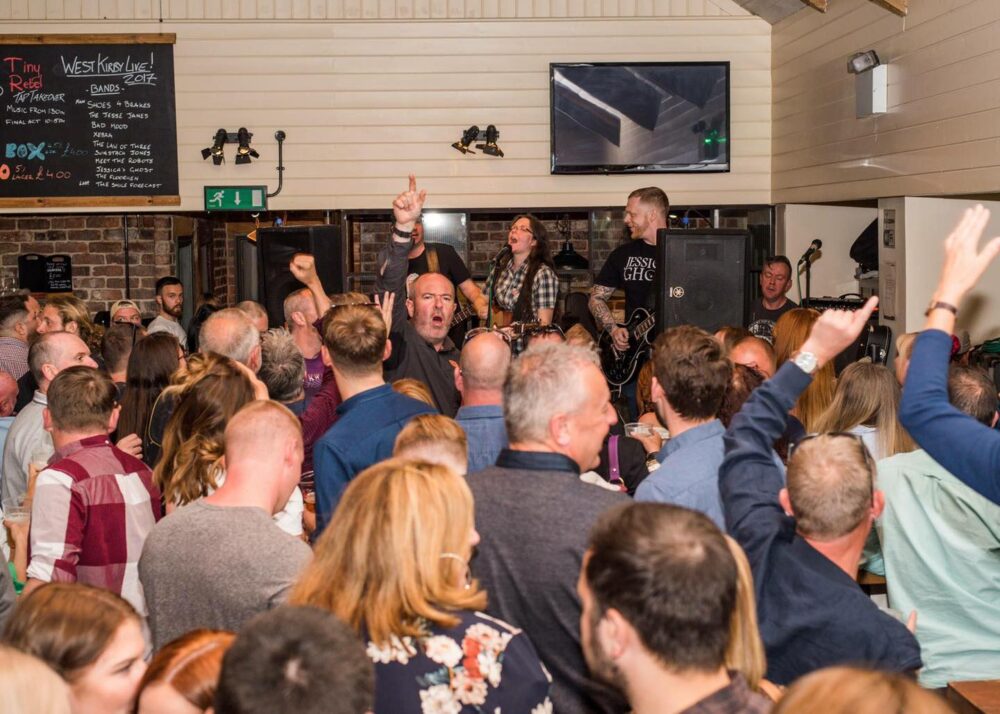


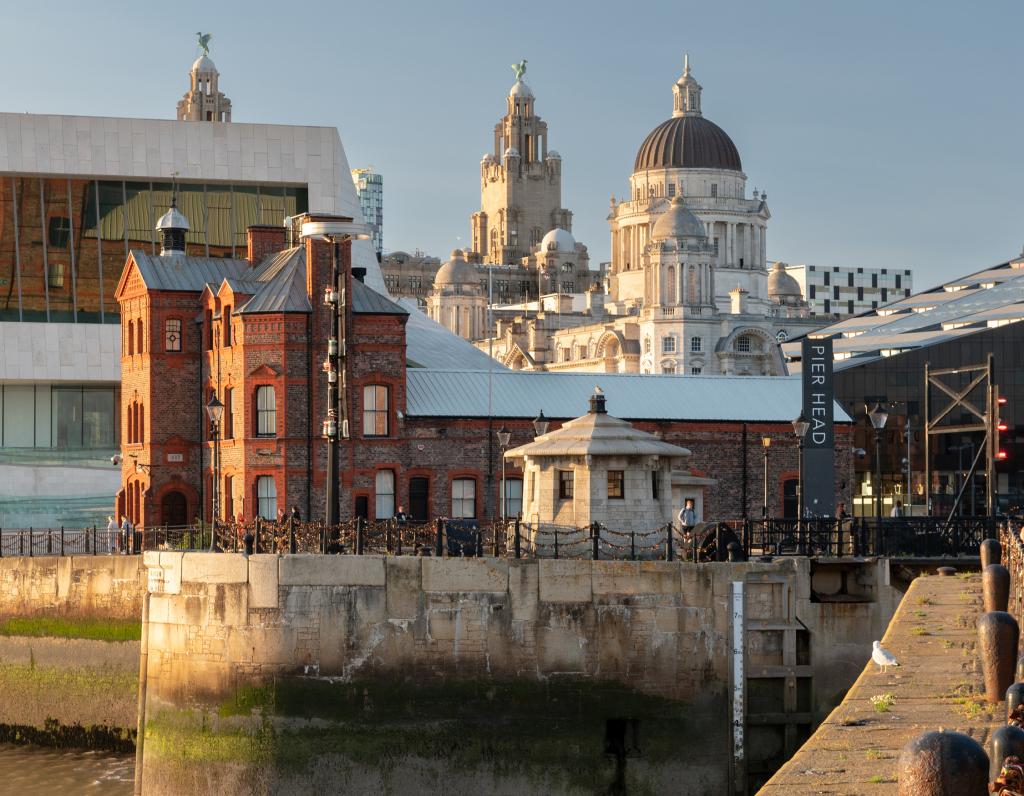
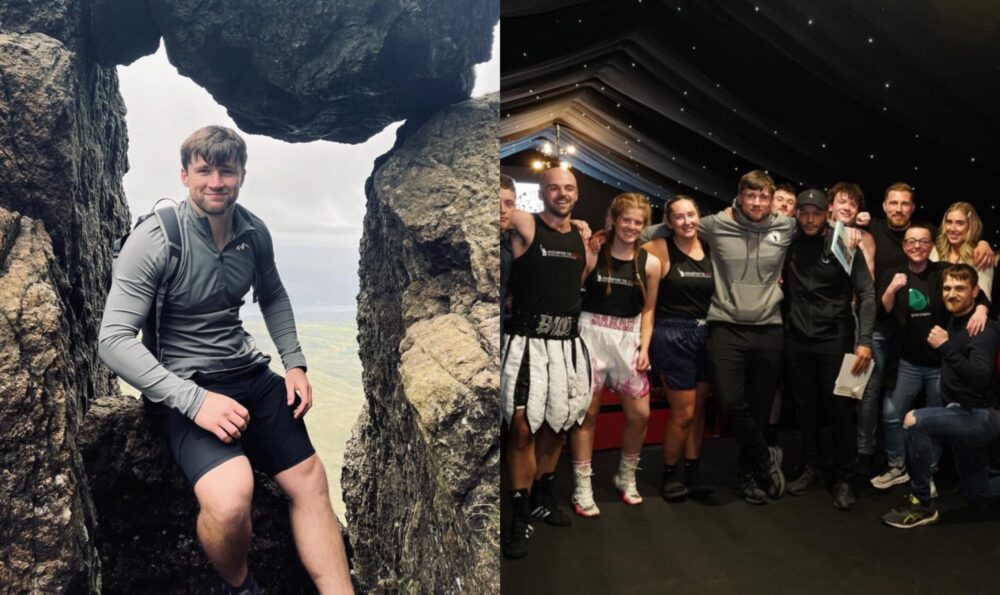


 Subscribe
Subscribe Follow Us
Follow Us Follow Us
Follow Us Follow Us
Follow Us Follow Us
Follow Us Follow Us
Follow Us











